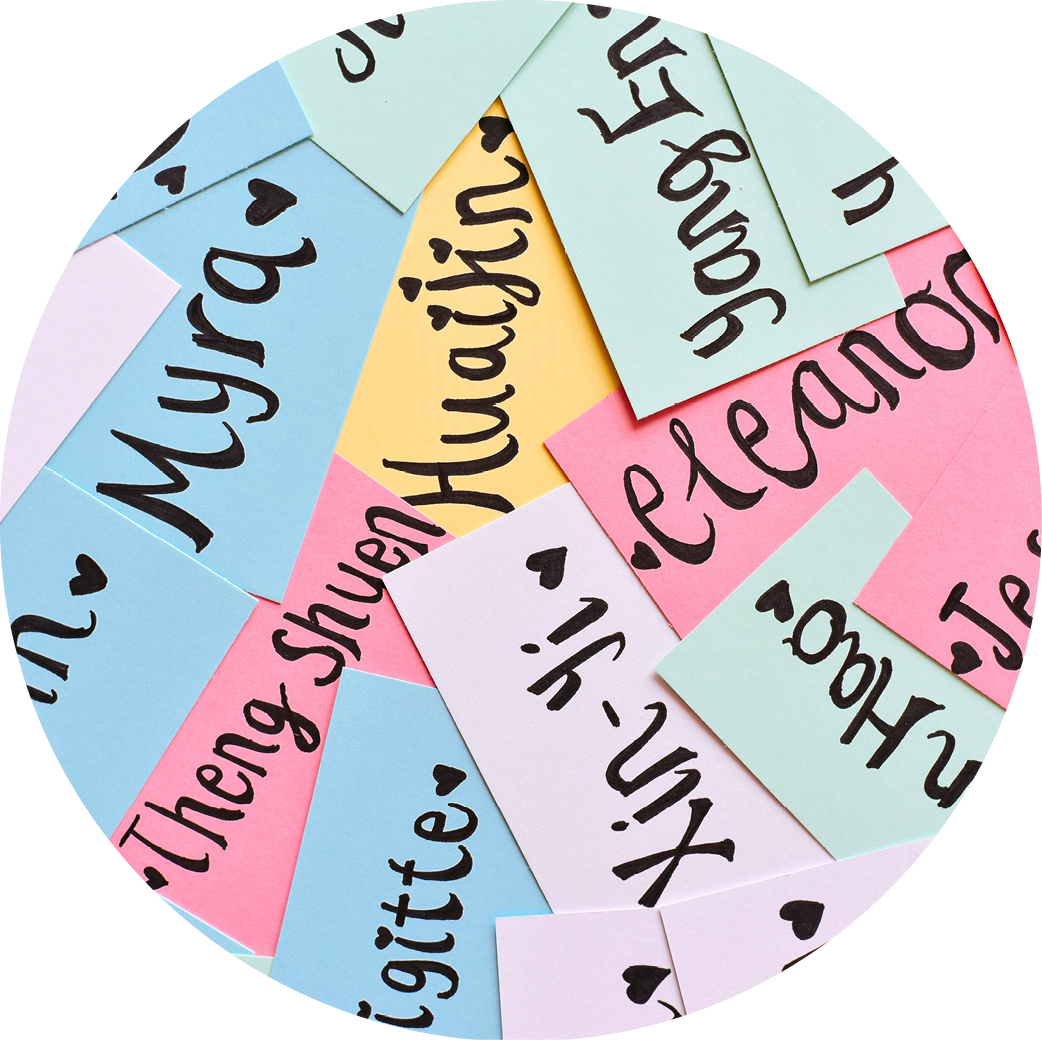Oskar is a male first name.
Oskar is a well-known name in the US, but is still special. It is currently only given to every ten thousandth boy, and therefore ranks at 1235 in the SmartGenius statistics. This means there are 1,234 boys names that are more common, but also tens of thousands that are much rarer. If you polled the whole US population – children, adults and seniors – you’d find less than one in 10,000 to be named Oskar.
In fact, the name Oskar did not fit the trend of the last century. Young parents in the 2000s began to change that a bit. After several years of not being given at all (or less than 5 times, because that's the number required for a name to appear in the statistics), Oskar seemed to be more popular than ever in 2016. Although the name never ranked higher than #1,100, 160 parents chose it that year, making it a potential new rising star on the horizon of beautiful and rare names. If your name is Oskar, you are well on your way to becoming en vogue.
In years where the graph has no value, the name Oskar was given less than five times or even none at all in the entire USA.
In 2022, expectant parents chose the yet rare name Oskar a few times. Among all newborn boys it ranked #1,250 - with a total of 136 baby boys. This means, as you can see above, that the name is still more common than it was most time of the last century, when it supposedly didn't appear at all for many years - giving boys with this first name a sheen of something particularly contemporary and special.
The odds that a man or boy named Oskar lives in your home state are about the same as betting on heads or tails in a coin toss. This boy’s name is quite popular, but not equally so throughout the entire USA. You can meet boys and men with the name Oskar in 21 states – which is obviously nearly every second of all 50 states in the USA, for example in Arizona, California, Colorado, Florida or Georgia. In relation to the number of residents, the most men and boys with the first name Oskar live in Minnesota – here, one in 19,425 bears this name. In comparison, if we look at all living men and boys in the whole country, only one in 107,209 will turn around if you call his first name Oskar.

Well, you might say, you probably figured that out yourself! But what you might not know is: The letter O is pretty rare as an initial letter for boys' names: only 1.8% of all common boys' names in the US begin with an O. The most common first letters of boys' names, by the way, are J, A and D, while X, U and Q are the least common initials of boys' names.
With five letters, the name Oskar is comparatively short. In fact, 17.0% of all common first names in the US consist of exactly five letters. Only 7% of all first names are even shorter, while 75% have more than five letters. On average, first names in the US (not counting hyphenated names) are 6.5 letters long. There are no significant differences between boys' and girls' names.
That means that since 1.8% of all boys’ names begin with an O, this initial occurs only about half as often as the other letters on average. Nevertheless, there are of course single names beginning with an O, which are quite popular
If your name is Oskar and someone asks after your name, you can of course just tell them what it is. But sometimes that isn't so easy - what if it's too loud, and you don't understand them well? Or what if the other person is so far away that you can see them but not hear them? In these situations, you can communicate your name in so many other ways: you call spell it, sign it, or even use a flag to wave it...
So that everyone really understands you when you have to spell the name Oskar, you can simply say:

Orange

Sun

Koala

Apple

Rocket
Braille is made up of dots, which the blind and visually impaired can feel to read words.
Oskar
Oskar
Just use American Sign Language!





These flags are used for maritime communication - each flag represents a letter.
 O
O
 S
S
 K
K
 A
A
 R
R
In the navy, sailors of two ships might wave flags to each other to send messages. A sailor holds two flags in specific positions to represent different letters.
 O
O
 S
S
 K
K
 A
A
 R
R
In Morse code, letters and other characters are represented only by a series of short and long tones. For example, a short tone followed by a long tone stands for the letter A. Oskar sounds like this:




